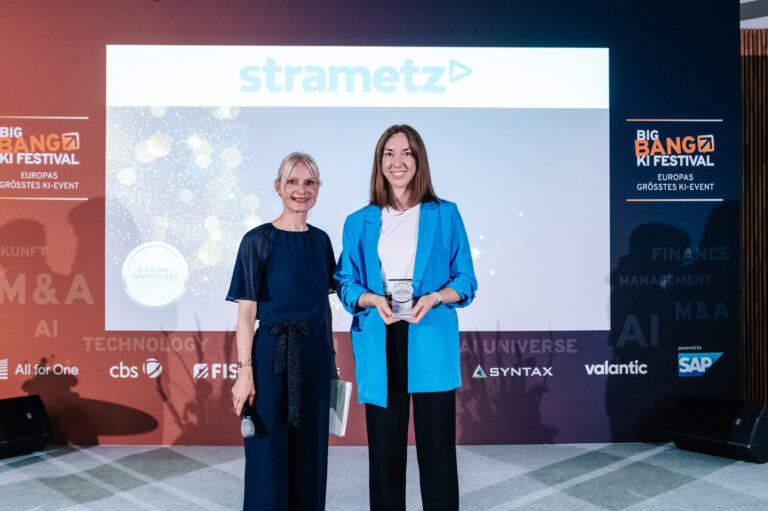Where do companies stand today in their talent management assessments? What contribution can HR experts make?
For years now, competition for talent has been on the rise and has become one of the most important issues in human resource management. Talent management has thus become a central task in most sectors of the German economy.
This study reflects the challenges and approaches to talent management as they are currently practiced and taken up in companies in various industries. It’s about taking stock of where we are in talent management: Where do we stand and where do we need to go?
In addition to the general challenges of talent management, asks about the characteristics of the talent management strategy, the target group for talent management and the organizational integration of talent management in the company. Furthermore, insights are provided into the systematic talent management processes and tools, as well as the measurement of success and the critical success factors of talent management.
The results of this study suggest that talent management in organizations is mostly used for talent identification and talent development. The focus of talent management is on junior executives and the group of key employees. Despite the high importance of talent management, around 40 percent of the companies represented still do not have a defined talent management strategy. This is typically part of the HR departments’ area of responsibility.
Nevertheless, many sub-processes of talent management are operated systematically, such as talent recruitment, talent identification and development. It can be seen that support programs, such as mentoring, job rotation, coaching and talent selection processes, are the most important talent management tools used. Although in most cases there is no measurement of the success of talent management, it is generally found that the success of talent management is increasingly dependent on factors that are directly related to talent, such as effective support measures, talent retention, matching of talent and target position, and an attractive career culture.
This study shows the current status of talent management in German companies and attests to distinctive approaches and sub-processes which, however, are often only short-sighted and require a holistic strategy in order to survive in the competition for talent in the long term.
For further interesting studies please have a look at our know-how section.











